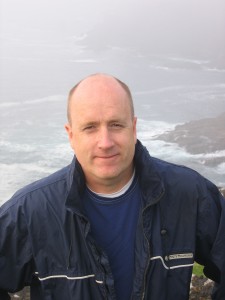Canada’s best teachers: Arne Kislenko
This 3M Fellowship winner gives good old-fashioned lectures
Share

Kislenko’s success as a teacher can be attributed to his personal style and well-executed lessons. A specialist of international history, he remembers professors who managed to make lectures on the two World Wars and the Cold War boring. “How that happened is just amazing. If you can make that boring, you’re in trouble,” he says. “I have tried really hard to never be as boring as them. Plain and simple.”
Kislenko’s lectures are full of emotion—injected with humour, irony, outrage and sadness, depending on the historical period he is discussing. But above all, he strives to show students that they are a part of history. “Everyone is history. And history is everything. All we are and everything we do, think, and believe stems from it,” he says.
That approach has engaged students who otherwise would have had no interest in the subject. “I always felt history was a topic that we had to spend time on in order to become more patriotic and not a topic that should ever be studied seriously,” says Daisy Chang, who is graduating this June with a business degree in hospitality and tourism. After taking one class with Kislenko, however, Chang better understood why her parents fled communist China to come to Canada. “Learning about Asian-Pacific history, World War II, and the Cold War made me realize what my parents had gone through and why I live where I do today,” she says. Chang has taken every class she possibly could with Kislenko, and hopes to work in historical tourism.
When asked about teaching technique, beyond emphasizing well-structured lectures, Kislenko highlights being accessible and demanding. Accessible, because it allows for “a broader, more transformative kind of teaching.” Demanding, because if professors don’t respect both academic standards and the capabilities of their students, “we should just hand out degrees at the subway station.”